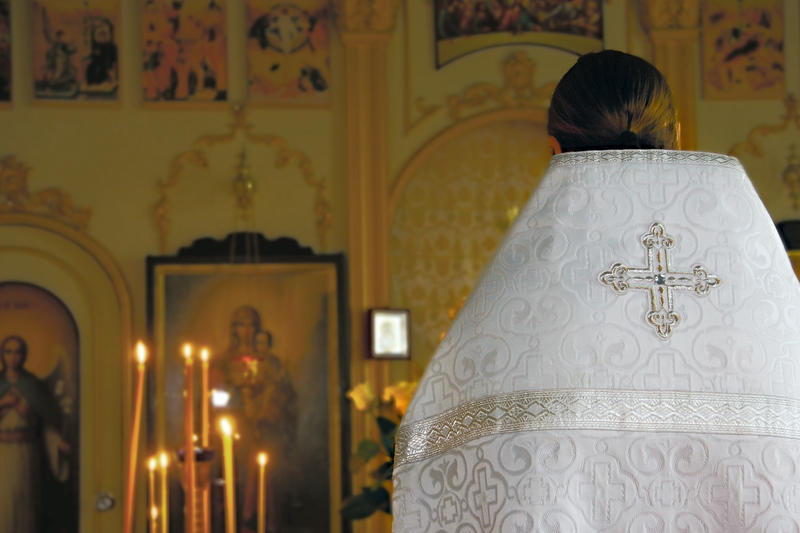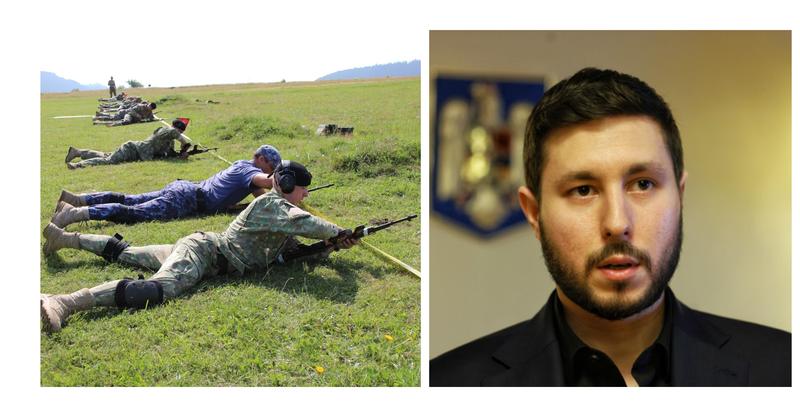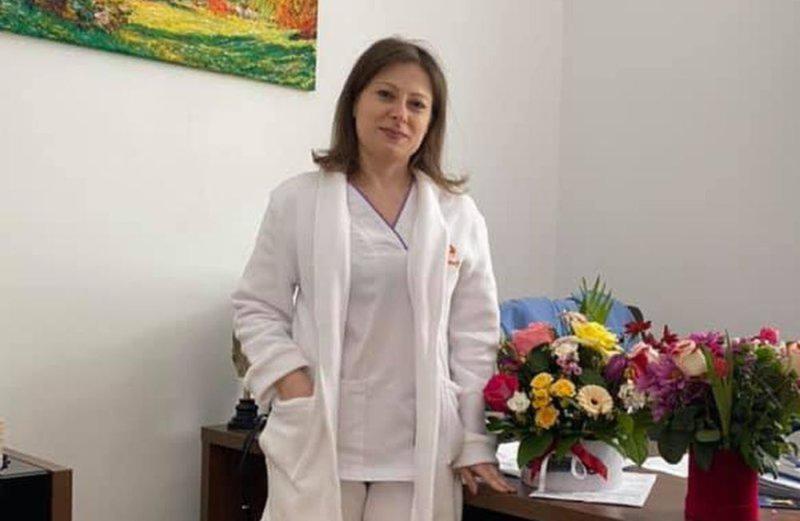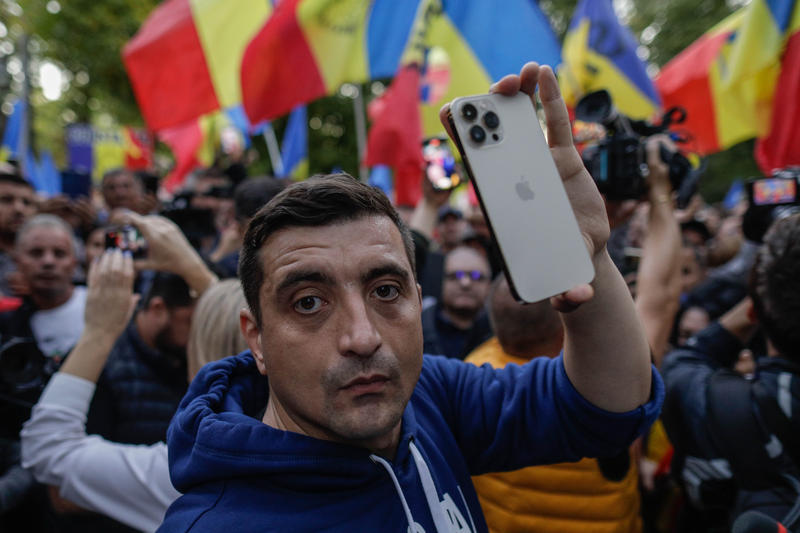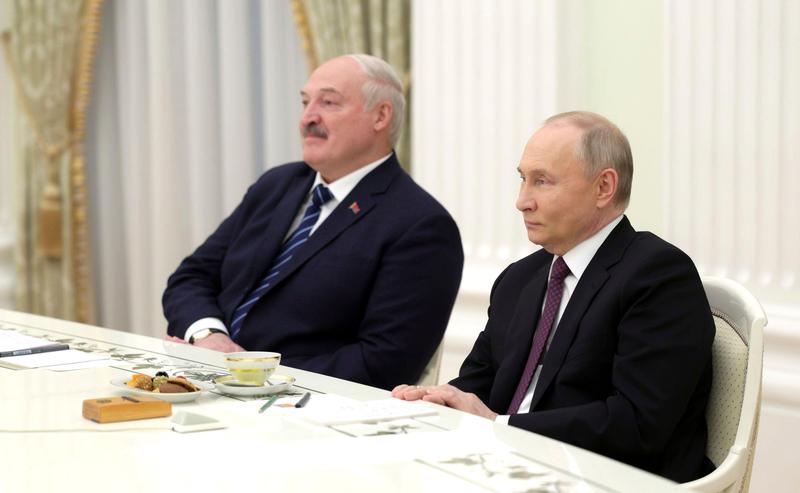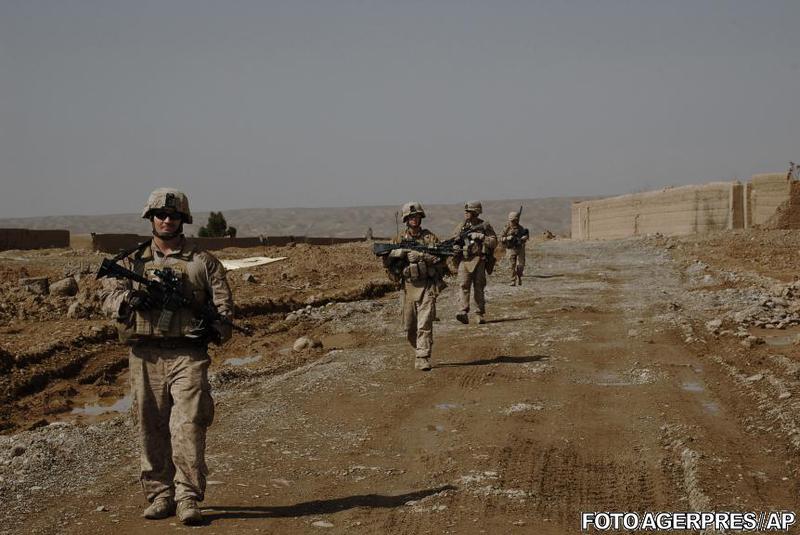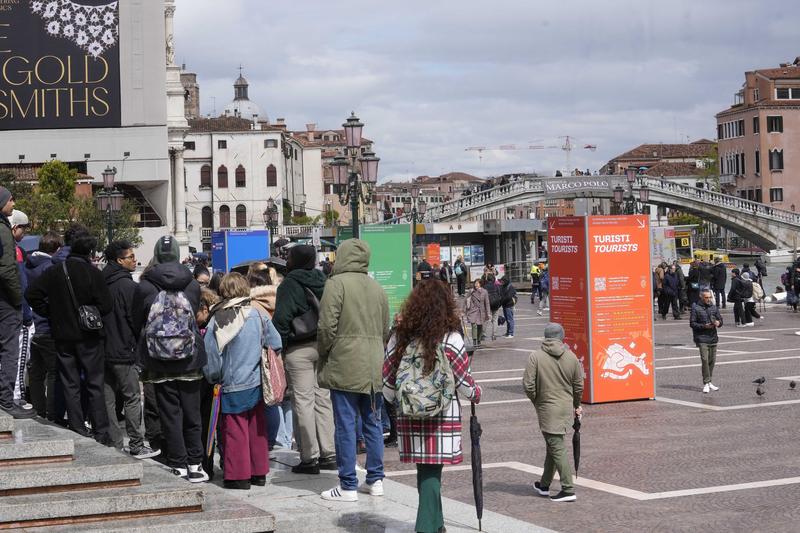The position adopted by Romania about the independence of Kosovo was not hazardous but listened to and understood by European and American allies as it was well argumented, says Frederick Kempe, head of the US think-tank the Atlantic Council. In an exclusive interview for HotNews.ro, he says Bucharest is already playing the role of a mediator between Serbia and the EU/NATO, but its role can improve as Belgrade moves forward towards European integration.
In brief:
- There are suspicions about the honesty of Russia in its position on Kosovo, and comparing the situation in Transylvania with that in Kosovo that Vladimir Putin made was provoking and unfounded.
- Vladimir Putin may prepare for the position of Russian prime minister at the NATO Summit in Bucharest this spring and accepting the NATO invitation is a clear sign tha he wants to have a word on the conclusions of the event.
- The final round for the White House will be Obama versus McCain. The future US President must restore international trust in US leadership.
Reporter: Romania said it wanted to be a mediator between Serbia and EU/NATO. How do you think it could play this role?
Frederick Kempe: I think it was a very important signal that Boris Tadic came to Romania on his very first foreign trip. And it shows how important Romania is for Serbia. I think that the fact that Romania has such a good relationship with Serbia means that it is already playing a mediator role and can play a more important role going forward. Over time, Serbia will definitely want to grow closer to the European Union, I think the election of Tadic shows that. It's a difficult period for Serbia now, for its relationship with the European Union and the United States, and certainly Serbia-Nato. But I think that as time goes on, Serbia moves more to the integration in Europe and Romania is going to be critical to Serbia's ability to do this and to its desire to do this.
Reporter: Romania is among the five countries of the EU saying they wouldn't recognise the independence of Kosovo, a position similar to the Russian one. Was that prudent? How was it perceived by the partners from EU and NATO?
Frederick Kempe: I think Romanian President Basescu and his office have made a very serious and well regarded intervention in term of opinion on this issue. I don't speak as a member of government, I am not a member of US government, but I think Romania's position was listened to and well respected. I think that the arguments made by the Romanian Foreign Ministry, by the Romanian Government, by the President's office were serious, well founded arguments. The difficulty and the reason the US and its European partners went ahead was a feeling of how long can you keep the current situation that it was. But in a close alliance - and i think US-Romanian relations are very good - it's easier to have disagreements. There was more suspicions about the Russian point of view and how genuine it was. People belive the Romanian one was quite genuine and well argued. It was a disagreement between allies on an important issue. When you're close partners you agree on things and you disagree on things.
Reporter: How did Russia create suspicion in the Western world?
Frederick Kempe: I think that after 1999, it was clear that Kosovo was not going to remain a part of Serbia. Seria has not been acting in a way inside Kosovo as a leader of Kosovo and the Kosovars after that terrible war didn't want to remain a part of Serbia. Some people argued one should have declared the independence in 1999, other argued that it should have been waiting more, and maybe it could have had a Montenegro-type negociation, and then a third group argued that it should have been done now. I understand all these arguments. What i don't understand is the argument that Kosovo is a precedent for anything. Its history is so unique. Had the Russian wanted to, they could have signed a Security Council declaration of the UN, which was offered to them, which made clear that Kosovo was not a precedent. Why Russians decided they wanted not to cooperate to that resolution which would have settled the issue, that you have to ask Vladimir Putin. But I think they have not made the process easier.
Reporter: President Putin said recently that Kosovo could be a precedent for Transylvania and Romania. How can we explain Vladimir Putin's bringing up Transylvania and Romania in the discussion? Because of our position, which was similar to the Russian position regarding the Kosovo independence?
Frederick Kempe: I didn't know that Putin brought that up. But Putin has a problem, because if he says it's a precedent, is it a precedent for Chechnya, for Dagestan? I think the smartest thing we can all say is that this is an unique situation, it is a product of war. There wasn't anyway to bring these two pieces up together in a happy way and the people who are arguing about setting up a precedent are arguing up for political reasons. If you look at the fact and the situation it's a very unique precedent, that doesn't set up a precedent. I don't know why Putin brought up Transylvania, I don't think you'll find NATO, the European Union calling for Transylvania's separation from Romania. Let's not bring up crazy things, because it's a crazy issue. And i think it's just brought up for provocative reasons.
Reporter: President Putin is coming to Bucharest [NATO Summit this spring]. He has never accepted an invitation of NATO since 2002. How can we interpret his coming to Bucharest?
Frederick Kempe: It all depends. Clearly President Putin has accepted the invitation earlier than he usually does. And because of that it shows that he wants to have an influence on the summit outcome.
Reporter: How can this influence be translated?
Frederick Kempe: He can either play the role of spoiler, which is he wants his influence be a negative influence, negative on the CFE treaty, negative on missile defence, negative on giving the action plan for Georgia, for Ukraine, or it could be positive. There are intensive negociations going on between the USA and Russia on CFE and missile defence. The US is giving very positive proposals on both these issues. There is a possibility that Putin could agree on such outcome before the summit. And then he could come to really steal the show, by having a possitive influence on these issues. Right now most people think he's going to have a negative influence, but the question is, as he leaves the presidential office, will he want to strengthen his hand as a prime minister by showing that he can be the deal maker?
Reporter: Will he bring Medvedev to Bcharest?
Frederick Kempe: Some people think that he may not come if he doesn't get the right arrangements, some people think that he can bring Medvedev, I think that it's all up in the air.
Reporter: Will this Summit be a Summit of NATO enlargement, will we see all three candidates invited to join NATO?
Frederick Kempe: There are negociations next week with the Greeks and Macedonians and I think that if they can reach an agreement, we'll have three. I think that's the only thing that stands in the way of all three. And i don't think the Greeks and the Macedonians will let that stand in the way of a security issue. So my expectation is that we'll have the enlargement with the Adriatic three and we'll have some signal to Georgia and to Ukraine. I think some countries will ask for MAP, but I'm not sure that it will carry.
Reporter: How can Romania benefit from being the organiser of this Summit?
Frederick Kempe: I think it can benefit by pulling off a a wonderful summit and it is very important that the most action of the summit is going to take place around the Adriatic 3 and the Balkan region. So Romania can show how important this region is to European security.
Reporter: What about the influences on the agenda of the Summit?
Frederick Kempe: I think it can bring into discussion Black Sea, nergy security, and also the issue of Afghanistan, where all allies are carring out the weight, because the Romanians do carry the weight, they are in the most dangerous part of Afghanistan, so I think they will send the message right. And it will also send the message of global partnership.
Reporter: How do you see the White House race? Around here it looks like a confrontation between two Democrats, instead of a race between the eventual candidates of each of the two parties.
Frederick Kempe: Obama will win. I think we will know next Tuesday. But I think the momentum is behind Obama. And then you'll have Barak Obama-John McCain. That's a very good race for the US. Either of them would be a good President. Actually Hilary Clinton would be a good president, so we have three good potentially final candidates. That's very positive: you have one that's a woman, one that's a black American and one who's a war hero and a man of high integrity. The other thing is that Obama and McCain don't like to run dirty races, they don't like to engage in personal attacks. They have quite different points of view on issues, so i think you have a quite interesting national discussion about the future of US. I think these will be some good months for the US.
Reporter: Is America ready for a black American President?
Frederick Kempe: May i tell you what's most exciting about this? This is a candidate who happens to be black, not a black candidate. Do you see the difference? That's so exciting, he's not running on the race card, he's not making race an issue. He's running as a gifted, brilliant, articulate American. And that's why people of all colours are voting for him. The interesting thing is that John McCain will have Democrats voting for him, and there will be Republicans voting for Obama. They don't come from the extremes, they come from the middle of their party. It will be a good race.
Reporter: So you're saying Hilary Clinton has no chance to win Taxas and Ohio.
Frederick Kempe: Looking at the math she has so much to win from the ramaining votes and the mood right now has swon in the other direction. Even the people around her know that. You heard what she said in the debate: it was an honour to be on the same stage with Barak Obama. I think this was a freudian slip, where she was starting to concede. I think Tuesday we'll now, but my bet, if i have to bet right now, is Obama-McCain. It will be interesting who's going to be vice-president.
Reporter: What is the first thing the next American president should have on his agenda? There are so may issues: climate change, Iran, Irak...
Frederick Kempe: The first thing the next American should do is establish the confidence in the American leadership internationally. Partly, he has also to unify. He should be a president who doesn't polarise the United States. You can only lead if people want to believe in your leadership. These are the two important things. Bringing people together in the United States and then restore confidence in American leadership globally.
Reporter: We were talking about Medvedev and his presence at the NATO summit, and a change of president will also take place in Russia, like in the US, even sooner. How do you see Russia after Putin?
Frederick Kempe: Medvedev is more important than you think. If we look at the history of Russia, people underestimated Khrushchev after Stalin, and Gorbatchev, people underestimated Putin after Yeltsin. Nobody estimated he would be such a strong leader. so never estimate a new Russian leader. And i think that Medvedev wants to be President. He's making some friendly sounding towards the West, for more individuals freedom in Russia...
Reporter: Is he genuine?
Frederick Kempe: We'll see. The French are used to call co-habitation and the Russian not, and it will be interesting. But i think no one should count out Medvedev. I think Medvedev has the potential to be a more modern leader.

